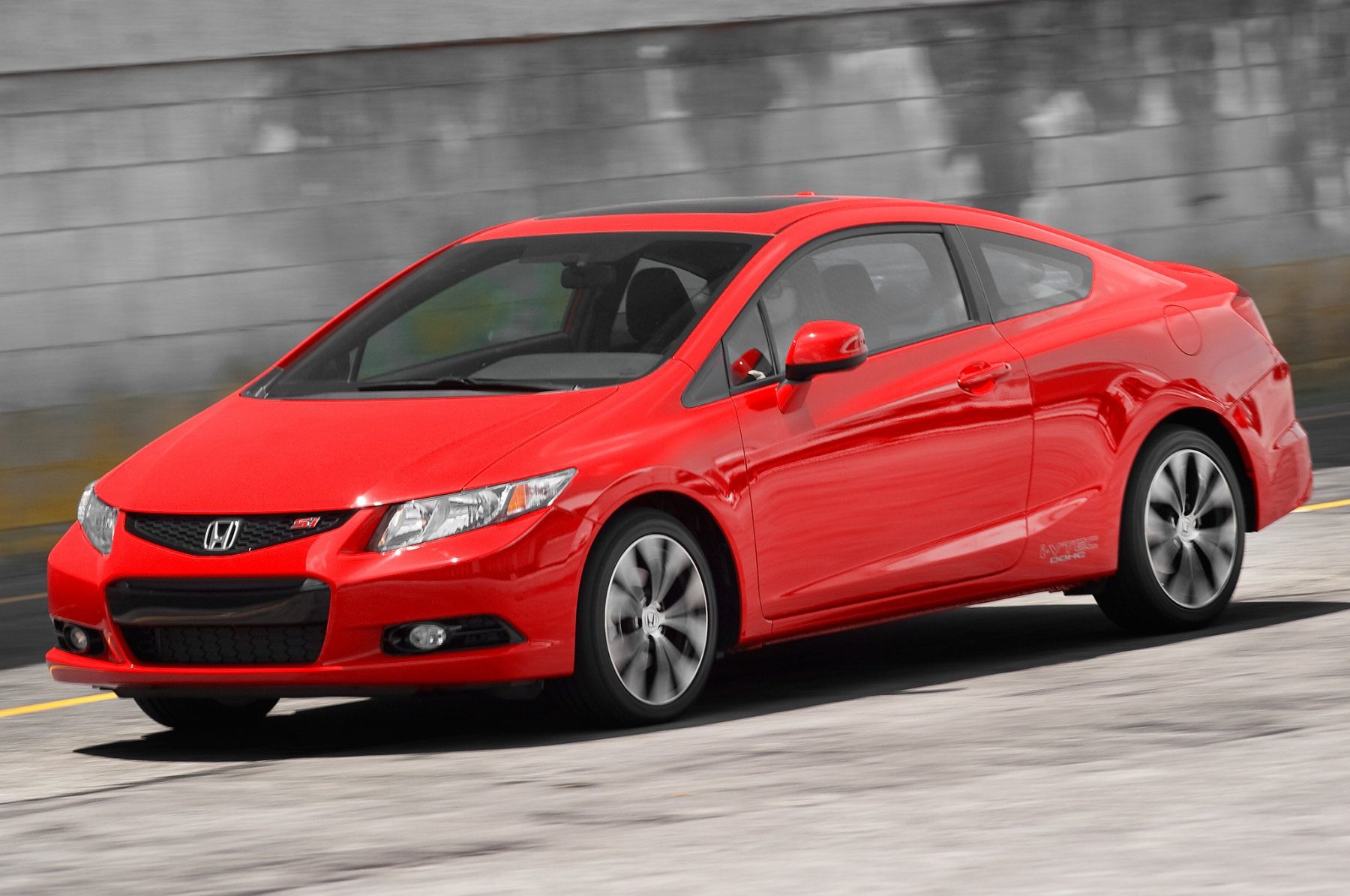Turkey is a country not only of cheap tourism, but also of a very seriously developed industry. Two of the fastest growing industries are the automotive and chemical industries. At the moment, the automotive industry is experiencing a period of prosperity. Historically, it developed in waves with huge descents and ascents. At the moment, while the pound is not falling so much, although it is expected to have a serious collapse in the near future, car production crossed the 1.7 million mark last year. In the last century, during a period of fairly rapid industrialization of the country, they quickly switched from assembly to serial production of cars.
Among the world famous brands with production facilities in Turkey are Daimler, FIAT, Ford, Honda, Hyundai (www.hyundaibook.ru/en), Isuzu, Renault and Toyota. There are models Fiat Tipo / Doblo / Qubo, Ford Transit / TransitCustom / Transit Courier, Honda Civic (www.hondabook.ru/en/Civic), Hyundai i10 / i20, Isuzu D-Max, Renault Fluence (www.renaultbook.ru/en/Fluence) / Clio / Clio Estate, Toyota C-HR and others, such as a compact model. Toyota C-HR is produced only on the side and exported from there to the whole world.
Between 2000 and 2017, investments in Turkish car companies reached $14 billion, which allowed for a significant increase in production capacity. Today, the Turkish automotive industry offers products that meet high international quality and safety standards, and Assam’s industry is highly efficient and competitive. Between 2002 and 2017, Turkish car production increased from 374,000 to over 1,700,000 per year. The country is the 14th largest car manufacturer in the world and 5th in Europe.
The Tofas factory produces all variants of the new generation of the FIAT Tipo family for Europe and other countries of the world. Türkiye is already a manufacturing base for major international automakers to export to the country. About 80% of cars produced are intended for export. The main consumers of Turkish automotive products are Germany, France, Italy, Great Britain and Spain.
In addition to the production of cars, our southern neighbor has a developed industry of suppliers of automotive components — more than 1,100 companies operate in the production of components and components for the automotive industry, for which the country is the second largest producer of spare parts. after the market We are talking about thousands of mini-factories that produce both complete units and elements for them. The brands Formpart, Sampa, Mopart, Gunes are well known in this market.
Turkey produces batteries, tires, wheels and equipment for gas engines: Inci Aku batteries, Lassa tires, DJ, Kormetal wheels and Atiker, Mimgas, Tugra Makina gas equipment. Automotive paints and varnishes are produced. The price level is average with relatively good quality; in fact, the localization of car production in the country is at the level of 50 to 70%. More than 250 global manufacturers have facilities in Turkey, 28 of which are in the top 50 in the world.
R&D is currently accelerating in Turkey — there are currently 132 R&D and design centers owned by auto parts manufacturers and suppliers. The Ford Otosan Research and Development Center is one of the three largest research centers in the world on the Blue Oval. FIAT in Bursa is the largest research center in the world. The only concern of the concern serving the European market, located outside of Italy.
Of the 1.7 million vehicles produced in Trusia, 552,800 are commercial. Light trade units 517,425 units, which is 2.2% more than in 2016. The growth of trucks in the weight category is impressive — + 35.2% / 23,502 units. The production of buses is also growing — last year by 4.2% to 11,898 units.
Mercedes-Benz Turk, founded half a century ago in 1968, is very large. The Aksaray plant produces over 17,000 trucks a year and employs over 1,700 people. Since 2014, the production of Setra buses has begun to replace the market.
Another major manufacturer is MAN Truck & Bus. Turkiye AS in Ankara manufactures not only trucks, but also all types of city, intercity and tourist buses. The Ford Trucks plant was founded in 1982 and today produces 15,000 trucks and 11,000 ECOTORQ engines. It also manufactures assemblies and assemblies for the Ford Transit model — up to 65,000 engines, 140,000 rear axles and 300,000 front axle components per year.
Temsa produces about 4,500 buses per year, which are exported to 66 countries, including Western Europe. Isuzu Anadolu has been operating since 1984 and is a leader in the small class bus segment, and a few years ago the production of low-floor high-class buses was launched.
The leader of the Turkish automotive market is Koç Holding, which is also the largest financial and industrial conglomerate in the country. Founded in 1926, it is headquartered in Istanbul. In 2016, its turnover exceeded 31,371 billion dollars, the number of employees — more than 81,000. The main areas of activity are the automotive industry, energy, household appliances and financial services. Koç Holding companies account for about 10% of Turkey’s national production, including 45% of car production, 9% of exports and 18% of the market capitalization in Istanbul, and the holding includes five of the ten largest Turkish companies, including Ford Otosan Tofaş and Otokar. Koç Holding owns 24% of Turkey’s automotive business,
Koç Holding also includes Opet, which is one of the largest manufacturers of fuels and lubricants in the country. Founded in 1966, the main enterprise is the city of Izmir. Annual capacity — 35 million liters of lubricants. This year, Opet will commission another plant with a capacity of 72 million liters Opet Petrolcülük A.Ş. It is currently the second largest oil distribution company in Turkey.

